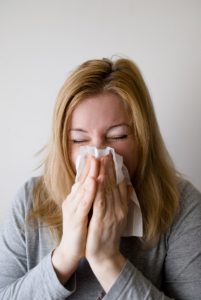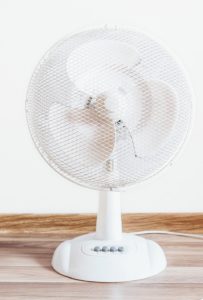 Spring is on the way! If venturing outdoors leaves you feeling congested and miserable, we don’t need to tell you that spring also marks the beginning of allergy season. Although spending time outdoors may make your eyes watery and your throat scratchy you shouldn’t have to suffer inside your home. Here are a few tips to help you breathe easier indoors this spring.
Spring is on the way! If venturing outdoors leaves you feeling congested and miserable, we don’t need to tell you that spring also marks the beginning of allergy season. Although spending time outdoors may make your eyes watery and your throat scratchy you shouldn’t have to suffer inside your home. Here are a few tips to help you breathe easier indoors this spring.
Start Your Spring Cleaning
Cleaning might be the last thing you feel like doing when fighting allergy symptoms, but it’s a must. Getting into those overlooked areas and getting rid of dust, dirt and cobwebs that are missed during regular cleaning will help relieve allergy symptoms. Dry mopping floors to remove dirt, dust, pet hair and other allergens tracked in from outdoors is also helpful in removing allergens from your home. Spring is also the perfect time to wash pillows, comforters and drapes to remove dust mites.
Keep Those Windows Closed
As temperatures warm up you may be tempted to open the windows and let fresh air in, but for those suffering from allergies this is a bad idea. Blooming flowers and trees mean lots of pollen in the air, which will enter your home through your open windows. To achieve fresh air, try using an air purifier or air cleaner in your home. It will remove pollutants and allergens and kill bacteria, viruses and mold spores making your air easier to breathe.
Add a UV Lamp
Another option for cleaning your indoor air is to add a UV lamp to your HVAC system. Bacteria and mold often grow in and around systems and can then be distributed throughout your home. UV lamps effectively destroy bacteria before they can spread, leaving you with fewer allergens to worry about.
For additional information on air cleaners, air purifiers and UV lamps contact contact Munro Heating and Air today by calling (484) 932-8374.
SaveSave





